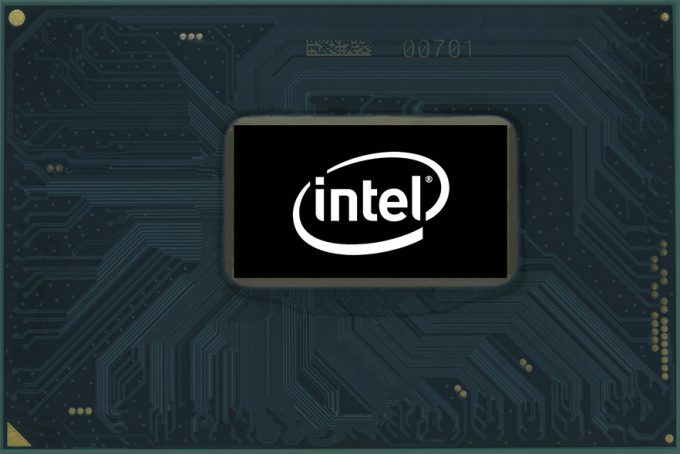- Qualcomm Launches Snapdragon 4 Gen 2 Mobile Platform
- AMD Launches Ryzen PRO 7000 Series Mobile & Desktop Platform
- Intel Launches Sleek Single-Slot Arc Pro A60 Workstation Graphics Card
- NVIDIA Announces Latest Ada Lovelace Additions: GeForce RTX 4060 Ti & RTX 4060
- Maxon Redshift With AMD Radeon GPU Rendering Support Now Available
Intel Brings 6-Core Chips To Laptops With New Core i9 CPUs
Late last year, we saw the launch of Intel’s 8th generation Core series CPUs with Coffee Lake on desktop system, bringing with it Intel’s first core-count boost on a mainstream part in nearly a decade. It’s now the mobile sector’s turn for a new wave of chips, which includes all new 6-core 12-thread mobile CPUs.
These 6-core chips will come under the new i9 branding that was launched with the 18-core extreme edition CPUs that came out on the desktop. These 6-core mobile variants will be in the 45 Watt TDP bracket for high-performance laptops and mobile devices. The top-of-the-line Core i9-8950HK has a base-clock of 2.9GHz with a turbo up to 4.8GHz, built on the 14nm++ process. These chips come with 12MB of cache and an unlocked multiplier too, so expect to see these in gaming laptops with overclocking capabilities.
Part of this launch is also two mobile Xeon CPUs with similar specs, with the difference being the VPro security extras and ECC memory support. If you want something a little more mainstream though, without the unlocked multiplier, there are a pair of 6-core chips with just 9MB of cache and lower clocks (and lower prices to boot).
Some of the interesting CPUs coming out are in the U-series chips with Intel Iris Plus graphics. While Intel is already supporting native integrated AMD Radeon graphics chips with HBM2 memory modules on the Kaby Lake-G platform, Intel still has its own GPU department and native integrated graphics. The U-series chips are 28W, but come with the equivalent of 128MB of level 4 cache that’s shared between the CPU and GPU.
This level 4 cache was first introduced with the 5th-gen Broadwell series chips a few years ago, and is meant to act as a high-speed cache for the GPU since it has to share its memory pool with the CPU. One of the interesting side effects of this was that the CPU could use it too, with some rather impressive performance benefits to certain workloads. U-series chips are 4-core CPUs with a single 2-core variant.
Also being brought to light is the new 300-series chipset for the 8th gen processors, which will include support for gigabit Wi-Fi, native USB 3.1 gen 2 10Gbps, and support for Optane memory, the crosspoint storage extension that can speed up HDD transfers. This Optane support will get additional branding from OEMs as Core i5+ i7+ and i9+, the plus denoting the inclusion of an Optane module in the system (this also includes mobile support for Optane too).
Finally, there is the low-power desktop chips coming out, the T-series, with TDPs of 35W instead of 65W. These are typically used in OEM and enterprise systems for large bulk orders, rather than more mainstream systems, as they typically come with VPro support as well.





